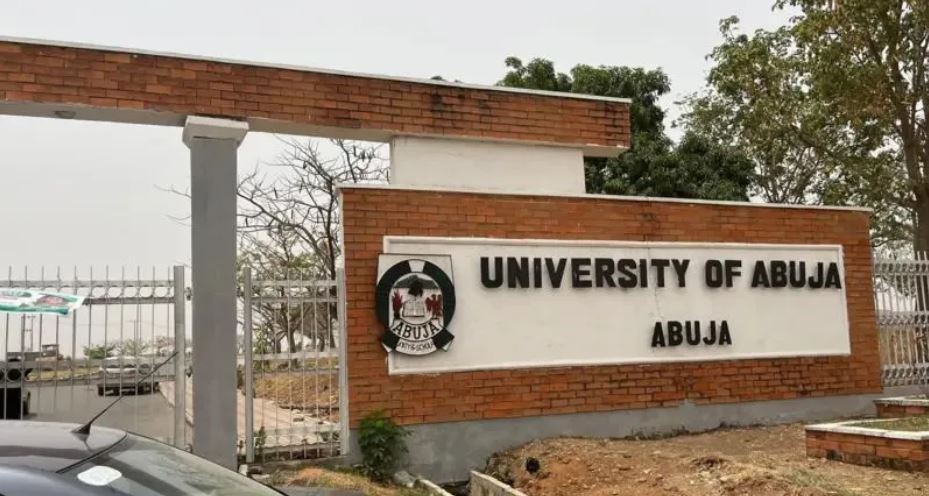Teaching activities across Nigerian public universities have once again come to a standstill after lecturers, under the Academic Staff Union of Universities (ASUU), declared a two-week strike. The industrial action, announced just weeks after institutions resumed for a new academic year, stems from long-standing grievances over poor pay, inadequate funding, and unmet government promises.
ASUU President, Professor Chris Piwuna, described the decision as “inevitable,” citing the government’s continued failure to honor previous agreements. “We have exercised patience for too long. The government has ignored key issues affecting the welfare of our members and the future of higher education,” Piwuna said.
In response, the Nigerian government urged lecturers to reconsider their decision, emphasizing that dialogue remains the best path forward. Officials warned that lecturers who refuse to work would not be paid, invoking the country’s “No Work, No Pay” labour law. The government also stated that it has presented a comprehensive offer addressing issues such as institutional governance, staff welfare, and improved working conditions, and is awaiting ASUU’s formal response.
This latest strike highlights a recurring pattern in Nigeria’s higher education system. ASUU’s disputes with successive administrations date back to the 1980s, with key agreements in 1992, 2009, and 2013 repeatedly left unfulfilled. The last major strike in 2022 lasted eight months, paralyzing academic activities and leaving millions of students stranded.
Education analysts argue that the strikes reflect deep-rooted structural problems, including chronic underfunding, political interference, and mistrust between the government and academic unions. Many fear that unless these systemic challenges are addressed, Nigerian universities will continue to face instability further undermining education quality and global competitiveness.
As students await clarity, the strike adds another chapter to Nigeria’s long history of disrupted academic calendars and unfulfilled promises in the university sector.

